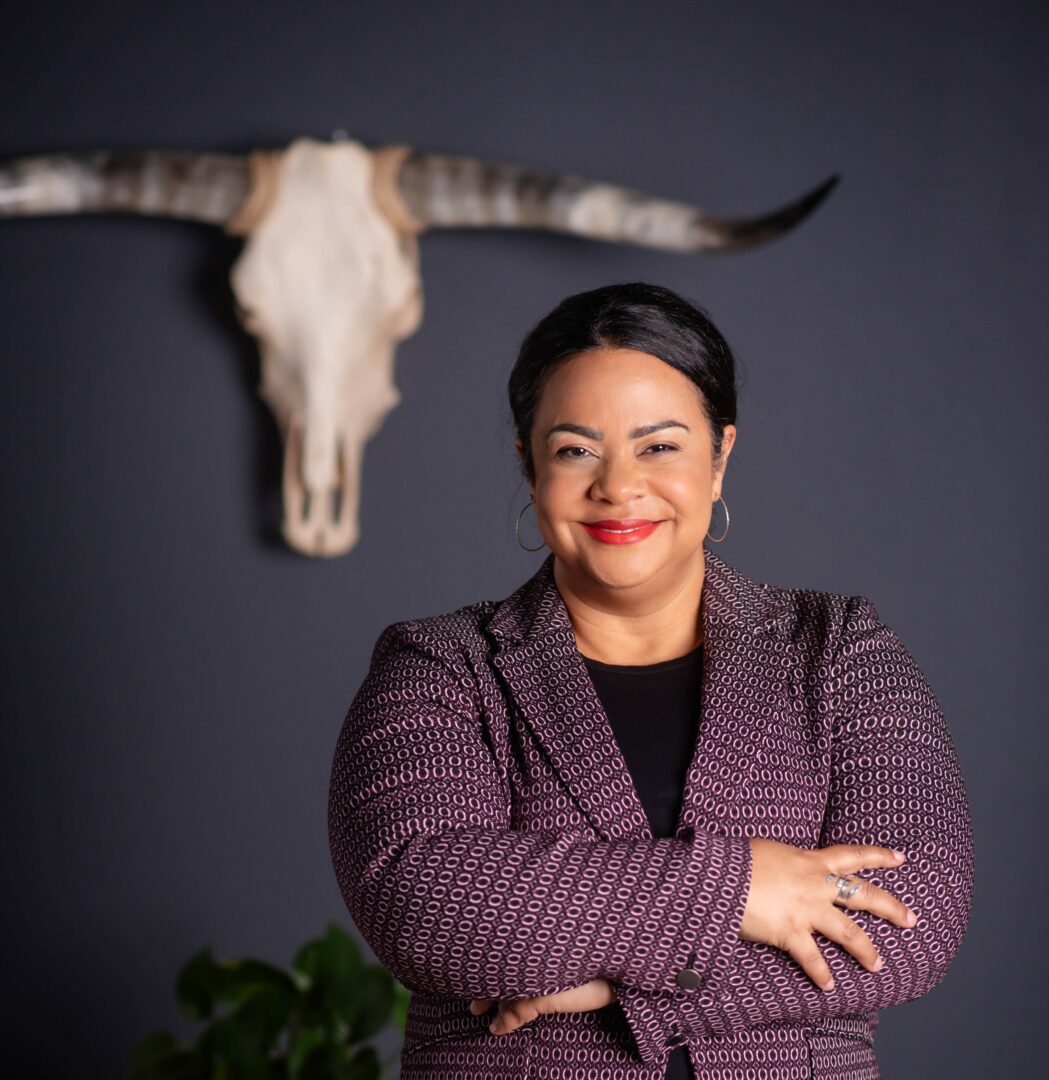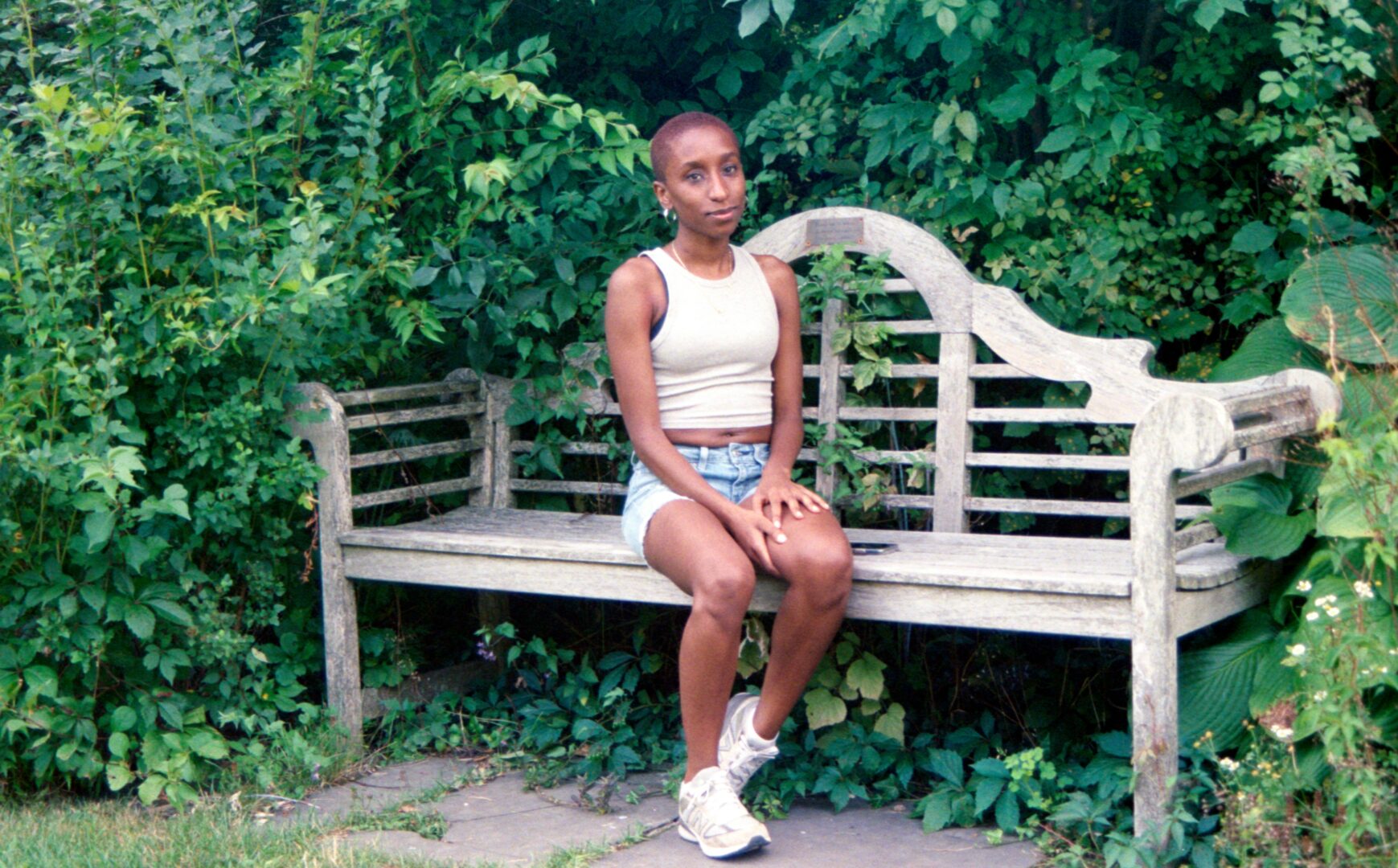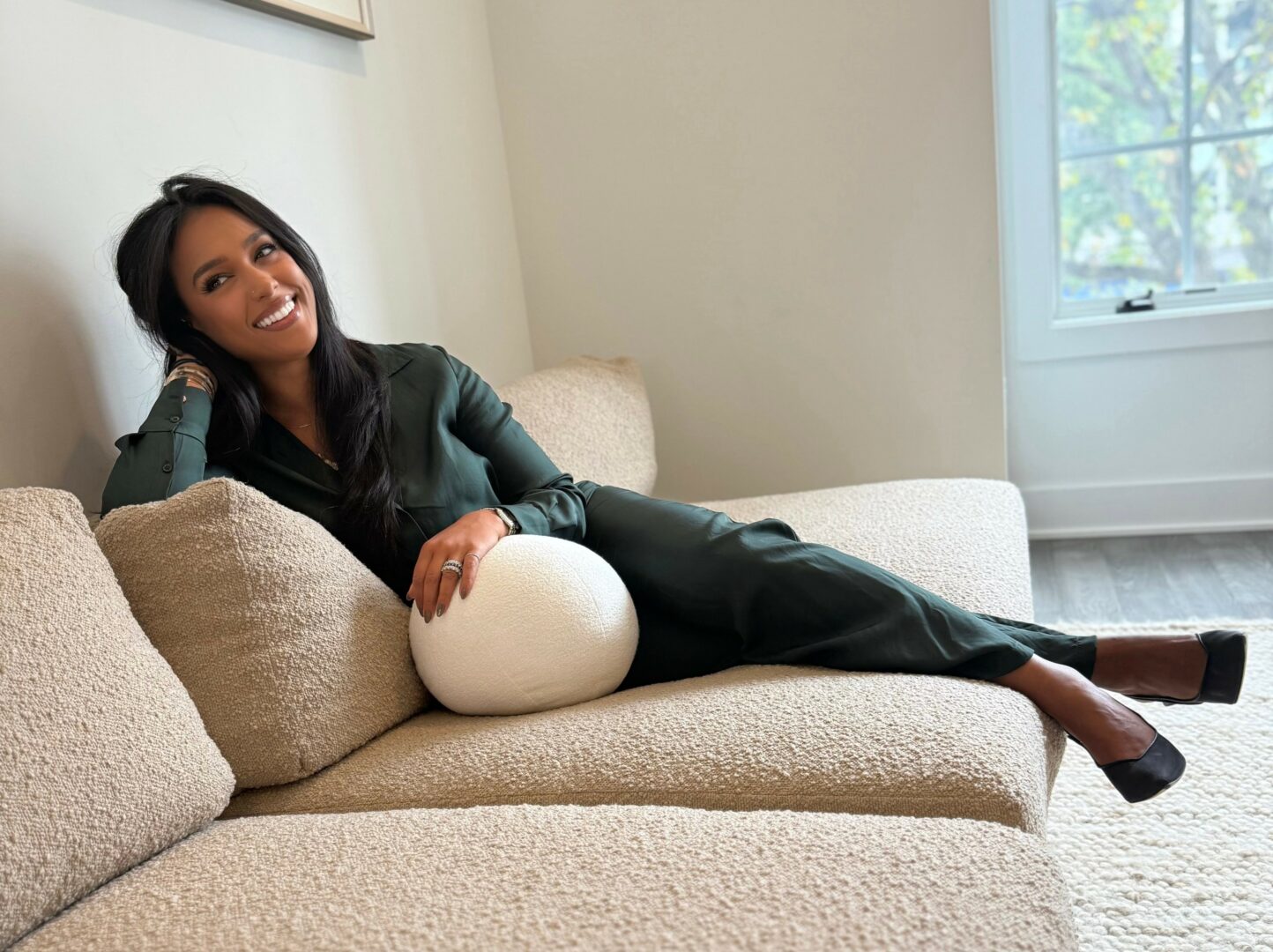We recently connected with Monica Valentinelli and have shared our conversation below.
Hi Monica, so happy to have you on the platform and I think our readers are in for a treat because you’ve got such an interesting story and so much insight and wisdom. So, let’s start with a topic that is relevant to everyone, regardless of industry etc. What do you do for self-care and how has it impacted you?
In recent years, I’ve taken a holistic approach to self-care that targets different types of rest. The concept of rest wasn’t something that I understood until I experienced burnout and pursued rest to heal and help me find balance. Now, I prioritize self-care activities that bring me joy and help me decompress. Epsom salt baths and face masks, recommended by a massage therapist, are wonderful, small and affordable ways to physically rest. A guided meditation (Great Meditation on YouTube! has several, short sessions) helps me find mental rest. And creatively? Spiritually? Journalling, painting, beadweaving, being out in nature, etc. These are all things I do to help me find balance and restore my center.
Without self-care, I lose “me”. I become someone who’s always pushing forward, who becomes so fixated on the end game I forget to be present. Self-care helps me be present and, by being present, this moment has my full attention and focus.

Great, so let’s take a few minutes and cover your story. What should folks know about you and what you do?
I’m an award-winning writer and narrative designer whose books, stories, articles, and games span multiple worlds. Though I’m best known for my genre-hopping works spanning horror, fantasy, science fiction, and related genres, my contributions often include mystery, magic, and a touch of mayhem.
Earning a bachelor’s degree in English with a Creative Writing Emphasis from the University of Wisconsin-Madison, my career blossomed in the gaming industry where I developed, designed, wrote, and edited dozens of role-playing games set in beloved worlds that include: World of Darkness, Chronicles of Darkness, Dungeons & Dragons, Pathfinder, TORG: Eternity, Cyberpunk RED, Robert E. Howard’s Conan, Pacific Rim, Shadowrun, Firefly, Lovecraft, and others. My portfolio doesn’t just include games, however. My fiction and nonfiction has been published in apps, anthologies, books, and magazines by publishers including Prime Books, Apex Book Company, Uncanny Magazine, Titan Book Company, and Stone Skin Press.
Earlier this year, I designed a Wonderland-themed game called “Pinching Tarts.” Presented as a found artifact, I pretended I found an old, torn copy in a bookstore scribbled with crayon, and I recreated the game with sticky notes, watercolor art, and lined paper. Recently, I ran several sessions of the game at Game Hole Con XI in Madison, Wisconsin and I’m now planning a Kickstarter in 2025.
If you had to pick three qualities that are most important to develop, which three would you say matter most?
The three qualities I find important are adaptability, persistence, and the ability to collaborate. Everything else has changed so drastically since I first started, I’d be reluctant to be specific about what you need. Core qualities, however, don’t. Adaptability is both a quality and a skill to hone: if you do not like change, you might find writing a challenging profession. Persistence simply means that you have the ability to continue putting yourself out there even when you encounter setbacks. Sometimes, those setbacks might be caused by something you did; sometimes, they have nothing to do with “you”, personally, and your project could’ve folded due to budget, licensing, or the 1,000 other things that can and sometimes will go wrong. This is partly why the ability to collaborate is so important. When you’re working on a project, sometimes you need to ask yourself what you consider a “win.” Compromise, up until very recently, was never a bad word. It was a necessary art, a set of skills, you’d practice to help nourish relationships and allow your works to flourish.
Developing all three can be challenging, but one way to help yourself is to learn a new craft. Pick something you know, right now, that you couldn’t finish even if you tried. Could be something as simple as knitting a sweater or a more complex task craft like woodworking or acrylic painting. Then, start asking for help. See what resources people point you to. Are there any local workshops you can take? Or free courses at your local library? Or on YouTube? Then, set a goal for yourself, to finish your first project for a holiday or birthday celebration. You’d be surprised how much you’ll learn when you enter the mindset of a student.

We’ve all got limited resources, time, energy, focus etc – so if you had to choose between going all in on your strengths or working on areas where you aren’t as strong, what would you choose?
As I continue unpacking where my career will take me, I don’t focus on strengths or weaknesses that much. Where I do focus my efforts on, is personal growth. When the pandemic started, I made a list of all the things I wanted to do, but never had time to learn or complete. On that list, were things like “bake homemade cinnamon rolls” and “learn to knit.” Also on that list, were things like investigating Italian citizenship and learning the language. I tackled all the things I could reasonably accomplish first, and quickly learned other tasks were actually projects to complete or skills to learn. As I kept pursuing this list, I felt myself–the core of who I was–change. I asked myself better questions about what was meaningful to me and what I really wanted. And, my strengths and weaknesses began to change, too. As I became more mutable, more willing to grow, my strengths felt flat and static because, ultimately, I’d hit a ceiling and I had no place left to grow.
I am a writer, sure. But the value of writing isn’t words. It’s finding ways to tell stories that other people can relate to. I find stories in the history books I read, by listening to people, by being part of a community, by being vested in the world around me. If I just focused on skills, eventually those strengths would weaken and feel cheap, because I wouldn’t have any meaningful experiences to leverage.
When I was younger, I’d balk at the idea that weaknesses were as important as strengths. Now, though, I recognize that weaknessess and failures are a source of wisdom. I don’t think it’s healthy to ignore them, because they’re also what makes us human.
Contact Info:
- Website: https://www.booksofm.com
- Instagram: https://www.instagram.com/booksofm
- Facebook: https://www.facebook.com/booksofm
- Twitter: https://x.com/booksofm
- Other: My Newsletter: https://booksofm.substack.com
so if you or someone you know deserves recognition please let us know here.




